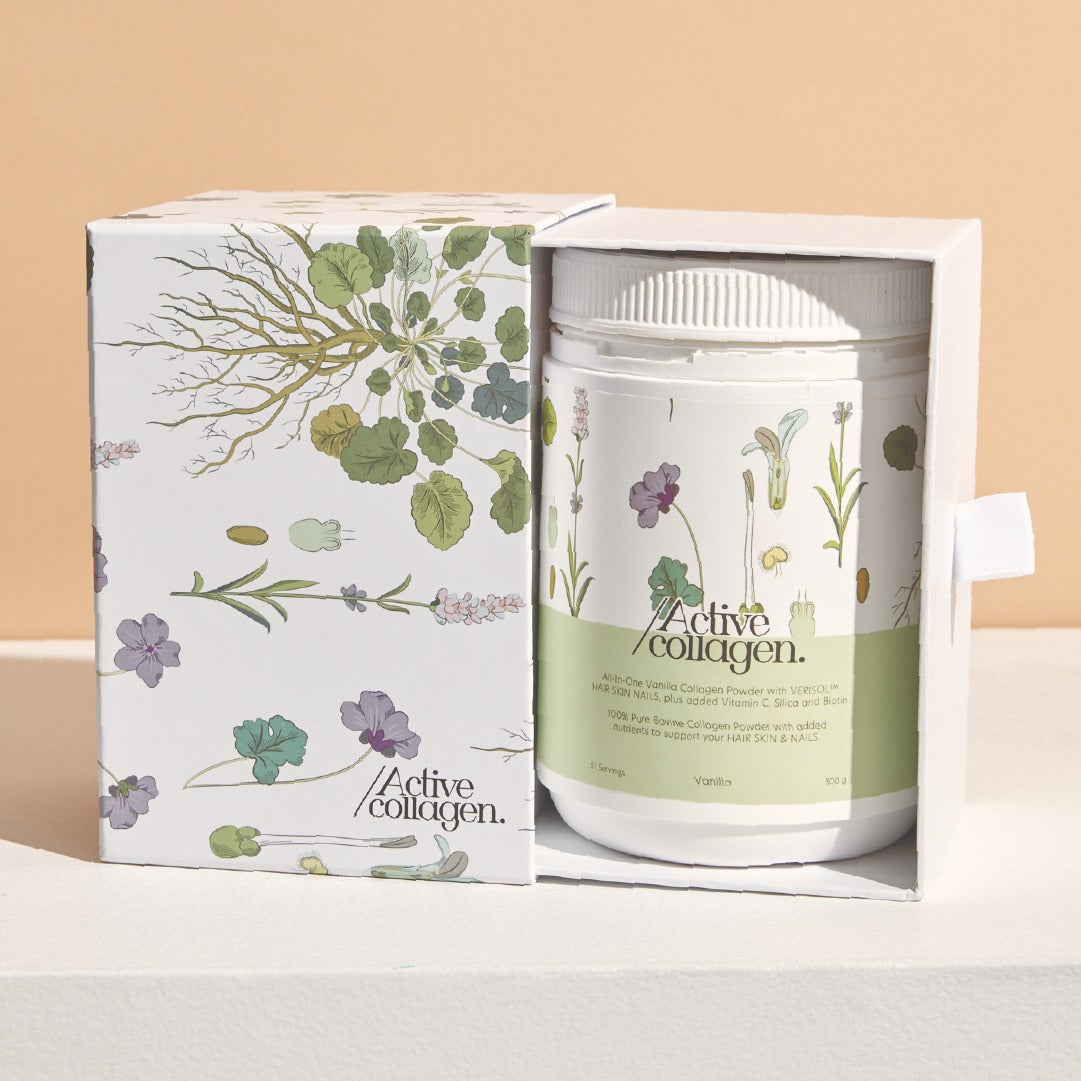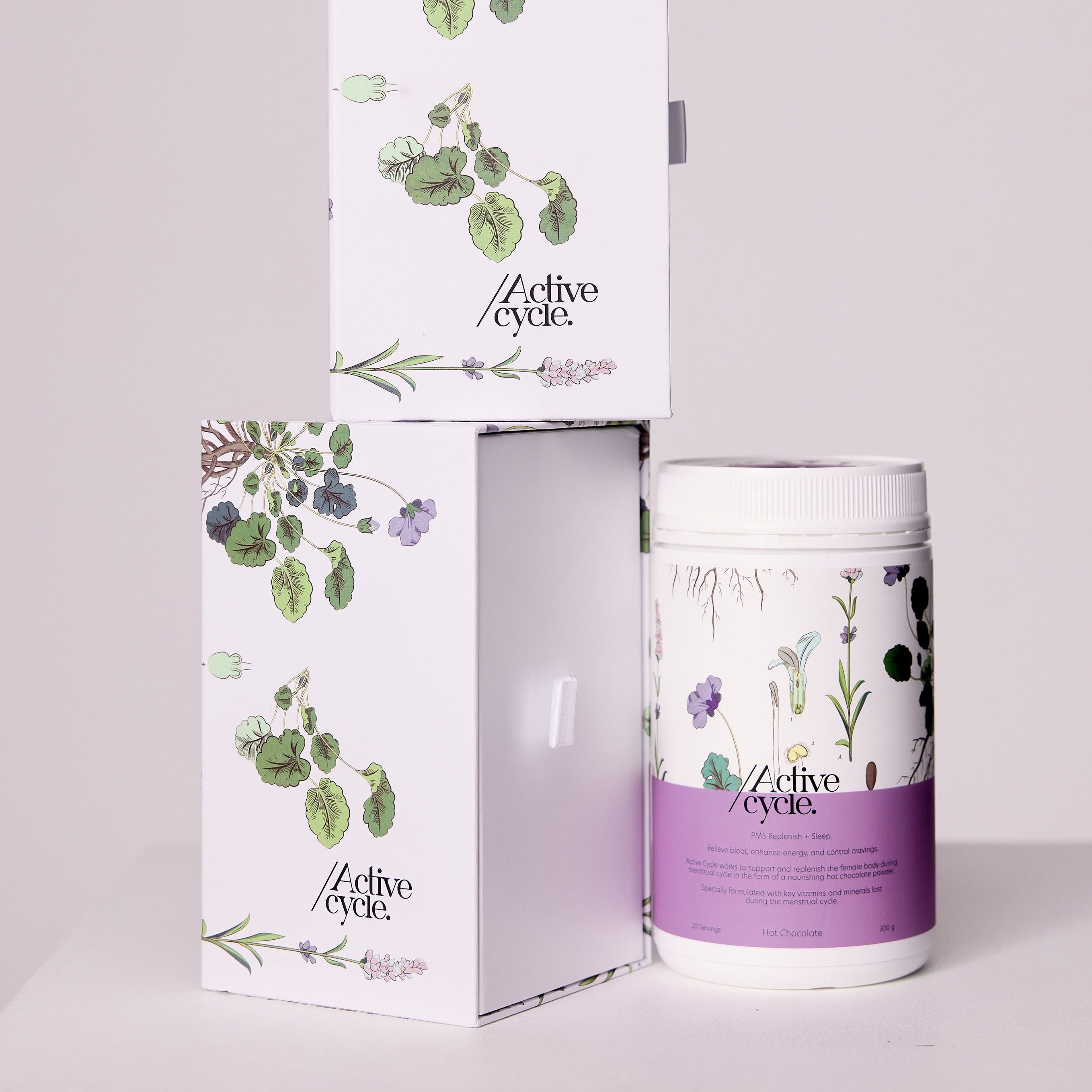Coffee is probably one of the most consumed beverages in the world. From its delightful aroma, taste and energizing effects it’s no wonder drinking coffee is a daily ritual for majority.
Although the caffeine hit may be the basis of its attraction for a lot of busy people, coffee has other compounds that should be celebrated too. People may forget that coffee beans are actually harvested from matured berries – Coffea arabica or Coffee canephora being the most common – and we all know how nutritious berries are!
The impact coffee has on health is an area that has gained a more positive view in the last decade due to greater pharmacological insights and knowledge. We’re here to give you some peace of mind on consuming the humble brew that you may have not considered.
How Much Coffee?
We understand that drinking coffee is habitual and also absolutely delicious. But how much is okay on a daily basis? Research has shown that consuming moderate amounts of caffeine – about 1-4 cups per day – provides greater health benefits. For reference, one cup of coffee – depending on brewing method and amount – can contain between 30-120mg of caffeine and moderate consumption refers to 300-400mg per/day. That’s a rather lenient amount.
Not Just Caffeine
Polyphenols
Polyphenols are bioactive compounds that act as antioxidants, scavenging the free radicals and reactive oxygen species (ROS) that can damage cells, cause inflammation and lead to chronic disease. In coffee, the polyphenols present are chlorogenic acid, trigonelline and melanoidins. Chlorogenic acids in particular are present in quite high amounts in coffee, 5-O-ceffeoylquinic acid being the major type. These antioxidant components actually decrease the production of ROS in the cell which reduces overall oxidative stress in the body. After consuming a cup of joe, a 5.5% increase in antioxidant activity is seen in blood. Coffee is said to be the major source of polyphenols globally making up 40% of intakes.
Magnesium
Coffee is also a valuable source of magnesium. Magnesium is one mineral that is used by the body in over 300 enzyme actions which are vital for proper functioning of muscle contraction, energy metabolism and blood pressure regulation. In our modern world of high stress, high alcohol consumption, medications and low-magnesium diets, magnesium deficiencies are prevalent. Just one cup of brewed coffee – such as those made on an espresso machine or by French press – can provide 6.4-7.5% of your daily magnesium requirements.
Niacin (Vitamin B3)
During the coffee roasting process niacin – or nicotinic acid (NA) and nicotinamide (NAM) - is formed from trigonelline. Higher levels of niacin are seen in coffee beans that have undergone higher temperatures and longer roasting times, where niacin content can increase by 25-fold. Niacin is a bit of a super vitamin helping the body use nutrients for energy, create good cholesterol, act as an antioxidant and repair DNA. Regular consumption of coffee contributes to niacin levels with one cup providing around 9% of daily intakes.
Potassium
We’ve all heard that bananas are a great natural source of potassium, but what about coffee? Potassium is one of the main elements of coffee beans making up 40% of grounds. This micronutrient has a major role in maintaining our fluid electrolytes, aka our hydration, and for prevention of cardiovascular diseases. One study found that coffee is among the top five sources of potassium – alongside potatoes and milk - contributing to 5% of total potassium intakes in Australian adults.
Benefits
Of course, not everyone is going to drink coffee daily but there are various health benefits associated with regular consumption. Often, the benefits in coffee – such as the bioactive polyphenols – aren’t celebrated as much as those found in fruits and vegetables, although they have the same effect.
Cardiovascular – Moderate coffee consumption has shown associations with a 15% lower cardiovascular disease risk through factors such as greater antioxidant consumption benefitting oxidative stress, and higher potassium intakes lowering hypertension and stroke risk.
Liver – Studies have shown that the intake of 2 cups of coffee per day in those suffering from liver disease has associations with lowered disease mortality, cirrhosis (scarring) and cancer. It is unclear whether it is the caffeine or other components present in coffee that promote these effects. However, similar effects have been shown in the studies on decaf coffee suggesting that the caffeine component is not essential for liver disease prevention and support.
Diabetes – Coffee has shown health benefits against metabolic disorders such as type 2 diabetes. One German study reported that moderate coffee consumption provided 23% lower (caffeinated) and 30% lower (decaffeinated) incidence of type 2 diabetes through increasing insulin sensitivity and insulin secretory response. Apart from potential effects of caffeine, polyphenols - such as chlorogenic acid - improve the ability of skeletal muscle to store glucose.
To top it off, you can boost your coffee’s nutrition with these two little extra additions:
- Add collagen. Collagen is a bioavailable form of protein for the body to use for keeping your tissues such as hair, skin, nails and bones healthy. Try our Active Collagen All-In-One that has a hint of vanilla for a delicious addition.
- Swap your cappuccino topping for cinnamon. This traditional spice has antioxidant, anti-inflammatory and blood sugar balancing effects that have been observed in clinical studies on chronic diseases such as type 2 diabetes and arteriosclerosis.
Nieber K. (2017). The Impact of Coffee on Health. Planta medica, 83(16), 1256–1263. https://doi.org/10.1055/s-0043-115007
Kolb, H., Kempf, K., & Martin, S. (2020). Health Effects of Coffee: Mechanism Unraveled?. Nutrients, 12(6), 1842. https://doi.org/10.3390/nu12061842
Yamagata K. (2018). Do Coffee Polyphenols Have a Preventive Action on Metabolic Syndrome Associated Endothelial Dysfunctions? An Assessment of the Current Evidence. Antioxidants (Basel, Switzerland), 7(2), 26. https://doi.org/10.3390/antiox7020026
Olechno, E., Puścion-Jakubik, A., Socha, K., & Zujko, M. E. (2021). Coffee Brews: Are They a Source of Macroelements in Human Nutrition?. Foods (Basel, Switzerland), 10(6), 1328. https://doi.org/10.3390/foods10061328
Hrubša, M., Siatka, T., Nejmanová, I., Vopršalová, M., Kujovská Krčmová, L., Matoušová, K., Javorská, L., Macáková, K., Mercolini, L., Remião, F., Máťuš, M., Mladěnka, P., & On Behalf Of The Oemonom (2022). Biological Properties of Vitamins of the B-Complex, Part 1: Vitamins B1, B2, B3, and B5. Nutrients, 14(3), 484. https://doi.org/10.3390/nu14030484
Bolton, K. A., Trieu, K., Woodward, M., Nowson, C., Webster, J., Dunford, E. K., Bolam, B., & Grimes, C. (2019). Dietary Intake and Sources of Potassium in a Cross-Sectional Study of Australian Adults. Nutrients, 11(12), 2996. https://doi.org/10.3390/nu11122996
Rodríguez-Artalejo, F., & López-García, E. (2018). Coffee Consumption and Cardiovascular Disease: A Condensed Review of Epidemiological Evidence and Mechanisms. Journal of agricultural and food chemistry, 66(21), 5257–5263. https://doi.org/10.1021/acs.jafc.7b04506
Gonçalves, C., & Abreu, S. (2020). Sodium and Potassium Intake and Cardiovascular Disease in Older People: A Systematic Review. Nutrients, 12(11), 3447. https://doi.org/10.3390/nu12113447
Dugoua, J. J., Seely, D., Perri, D., Cooley, K., Forelli, T., Mills, E., & Koren, G. (2007). From type 2 diabetes to antioxidant activity: a systematic review of the safety and efficacy of common and cassia cinnamon bark. Canadian journal of physiology and pharmacology, 85(9), 837–847. https://doi.org/10.1139/Y07-080




